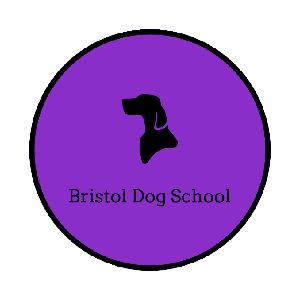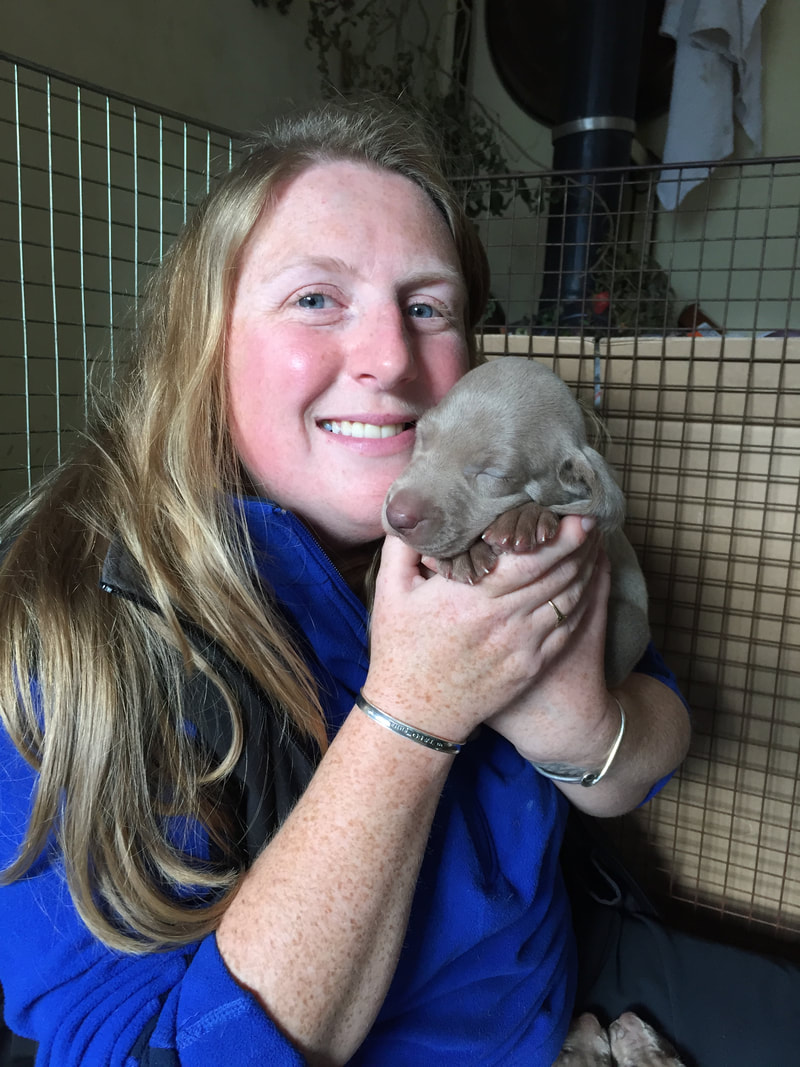|
Puppies can be hard work.
Here are my top tips for getting a puppy and avoiding puppy problems. 1) Choose the right puppy. Research your breed, make sure it's going to be suitable for your family and lifestyle. Speak to people in the breed and a professional trainer first for advice if you are unsure. 2) Get a puppy, not livestock Research your breeder, make sure they health test, see the parents, ask about how and where they rear the puppies. Are they following an early neurological stimulation and socialisation program such as Puppy culture? Many don’t follow these but they do still give a lot of stimulations to pups which is important for building a pups confidence. 3) Don’t be fooled by the price. We are in a pandemic and we’ve all gone a bit puppy mad and prices for many of our beloved pedigree breeds have shot up even prices for some of the more resent cross breeds who were commanding larger prices already have increased. Don’t fall into the trap of paying more for a puppy thinking you are getting something better you may well be getting a dog that is an unknown entity health and behaviour wise. Breed clubs have average price brackets for pups bred by their club members who offer good lifetime support for the life of the pups they breed, their dogs are health tested and they know what health conditions may appear in their lines as well as knowing the behaviour of their dogs for many generations back. Good breeders of cross breed pups are also doing health tests on their dogs and offering support making pups they breed much more of a known entity in health and behaviourally. 4) Make sure puppy can get enough sleep. Pups need 16-20 hours sleep a day to stop them from becoming crabby and exhibiting behaviours that we don’t like or want to escalate and become learned long term problems such a biting. Sleep also allows them to process information and put energy into growth. The best way to make sure they sleep is to give them a safe place to go like a puppy pen with their own bed and toys. 5) Be proactive not reactive. Get your training and socialisation support from a professional from day one. Or even before your puppy comes home. Don't wait till classes or a problem appears, get a home visit or two or even a zoom session straight away. 6) Be wary of free advice. Avoid free advice off Internet forums, groups and self acclaimed experts in the park particularly if you have a specific issue. When it comes to dog training everyone is an expert and there is alot of bad advice out there. What might have worked for one dog might not work for another, it might even make things worse. Alway go to a qualified professional. And if someone says their dog or your dog needs to be “told” then avoid that person, no dog should be put in a position where it has to tell another dog off. 7) Do your homework. The dog training industry is unregulated and it's a buyer beware market. Make sure your trainer is experienced, skilled, has regulated qualifications and uses up to date modern methods, they will be happy to show certificates of qualifications, CPD and insurance and may have videos showing their methods of training. 8 ) Do a bit of research into diet. Diet plays a big role in the behaviour of your puppy and adult dog as well as effecting how they grow. If you feed a good quality diet then you are less likely to see behaviour problems like hyperactivity or excessive illness it’s not normal for dogs to have a bad tummy or refuse to eat. Have a chat with an animal nutritionist a vet with nutrition training, some trainers have good knowledge of diets too. Avoid many of the diet forums and groups as they are often not run by qualified nutritionists. If you’re interested in raw feeding the website and facebook group Raw fed and nerdy is run by nutritionists and vets and is a good place to learn about raw feeding The website www.allaboutdogfood.co.uk can tell you a lot about the most common brands of kibble, tinned and tray diets on the market. I hope this has helped you with your search for a puppy and what to look for and how to get started. |
AuthorClair Litster-Huckle has a BSc (Hons) in Animal Behaviour and Welfare and an MSc Animal Behaviour and Training and has studied Canine psychology and Canine diet and nutrition. Archives |
Proudly powered by Weebly

